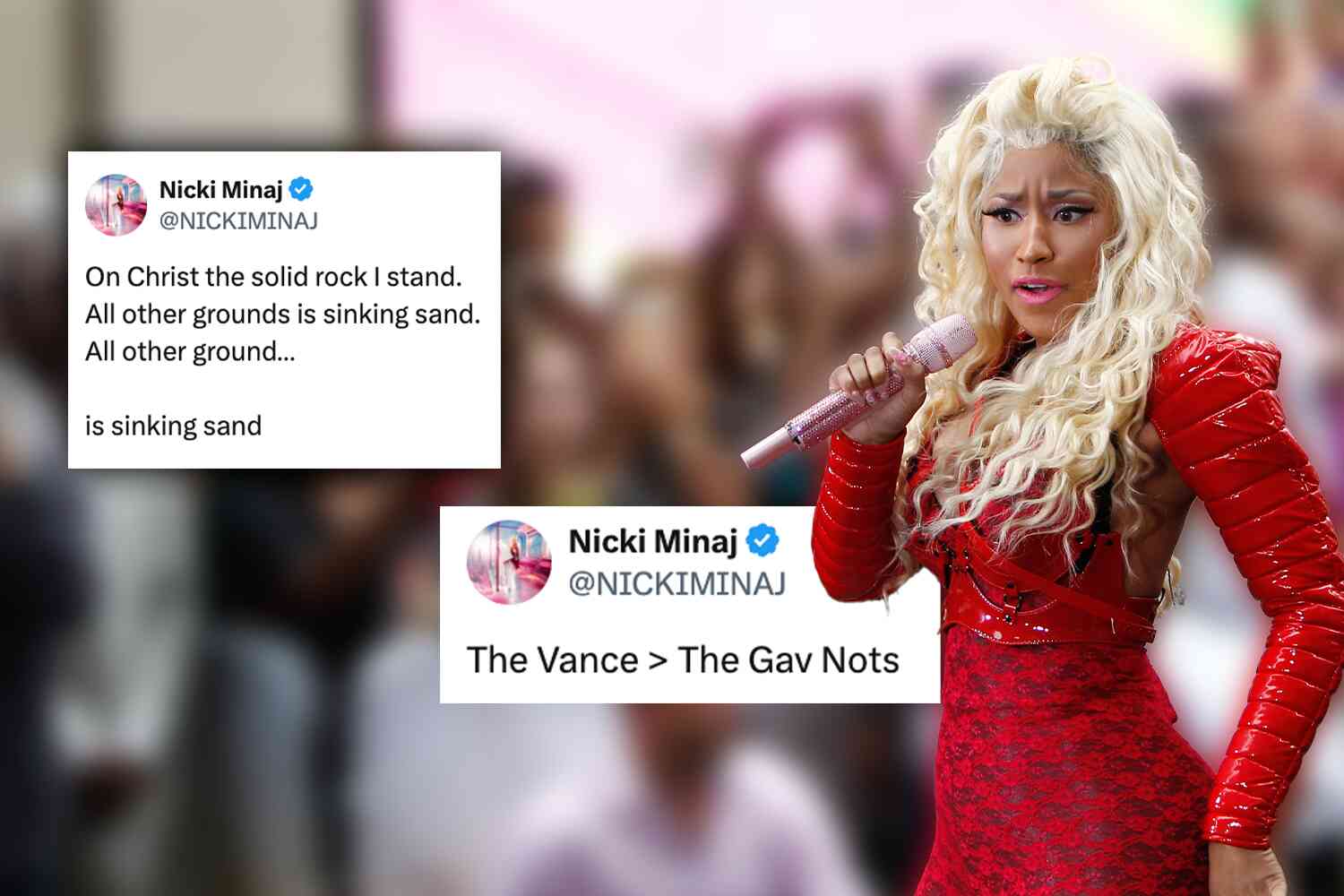We depend upon honeybees in a huge way for our agricultural production. No bees means no pollination, which would be a crisis for farmers around the country.
So this is, to put it mildly, not a great omen:
Honey bee colonies across the United States are facing record-breaking losses in 2025, with scientists warning the impact could be felt in agricultural production.
Washington State University entomologists announced this week that commercial honey bee colony losses are projected to reach between 60% and 70% in 2025.
Over the past decade, "annual losses for colonies have typically ranged between 40% and 50%," meaning the 70% jump marks a significant increase.
"Colony collapse" has been problem for years, with experts pointing to regular major bee colony losses for reasons that remain unclear.
There are some signs that the crisis may be leveling out, though this year's numbers do not paint a particularly rosy picture on that front.

Some have cited agricultural practices such as pesticides, while others have made far-out claims involving cell phone towers and other unsubstantiated influences.
Still others have said it could be a broad combination of things:
Priya Chakrabarti Basu, an assistant professor of pollinator health and apiculture at WSU told ABC News that honey bee losses could stem from nutrition deficiencies, mite infestations, viral diseases and possible pesticide exposure during the previous pollinating season.
'I honestly think this is a combination of multiple stressors, which is why for years my lab has been focusing on understanding the impacts of and interactions of these stressors on bee pollinators,' Basu said, adding that America's commercial beekeepers are under pressure to maintain colonies.
The USDA says that "about 35% of the world's food crops depend on animal pollinators to produce," meaning big bee losses could put major pressure on the agricultural sector.
One expert says it's as bad as it's been in nearly two decades:
Anything with live bees in a box is in demand because the industry is short on supply. I haven't heard of that since the early days of colony collapse around 2008.
Crazy stuff. Let's pray we figure out what's happening.

P.S. Now check out our latest video 👇









